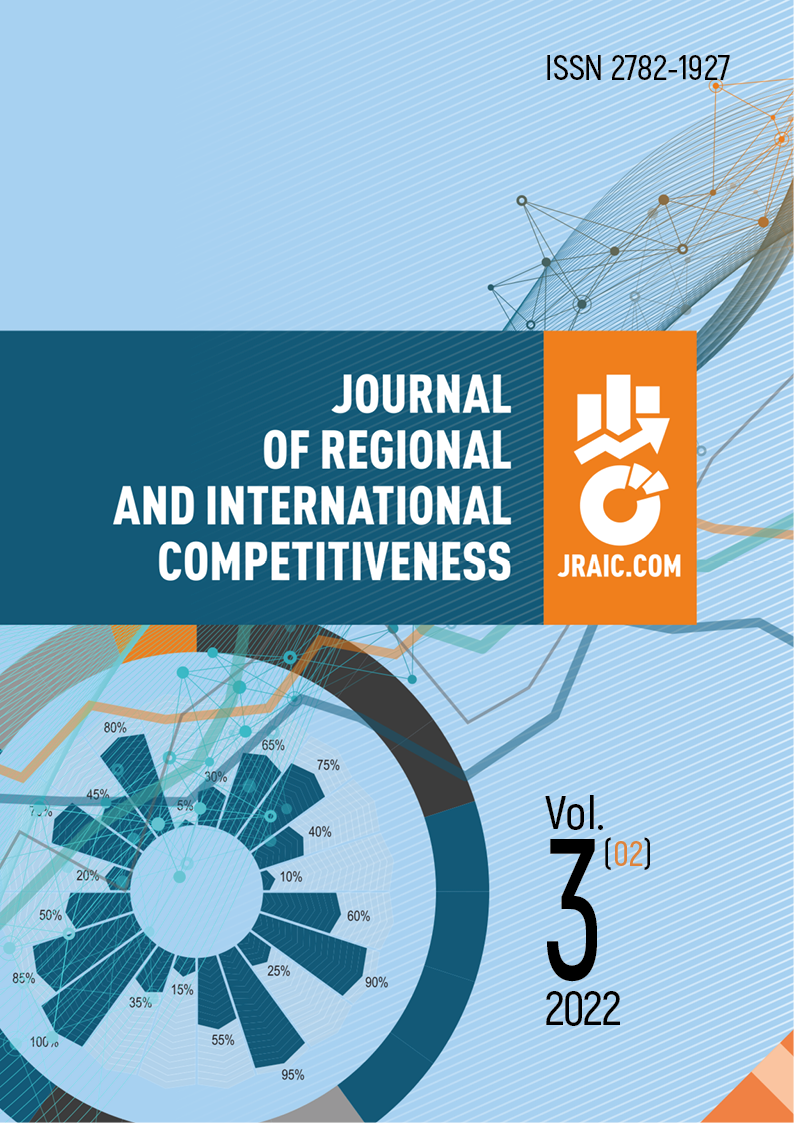Ярославль, Россия
The paper analyses the impact of the emerging digital society on the evolution of the role played by efficiency and fairness in the competitiveness of contemporary socio-economic models and highlights the reasons provide this evolution. The author dwells on developing of economical society, the confrontation of efficiency and justice. This confrontation is traditional one and recently is replaced by their equal coexistence, growing into the priority of justice as a major condition for modern progress in the future. It allows us to consider incomplete socio-economic reforms in modern Russia. It is generally associating with the disregard of society’s usual understanding of justice, which automatically failed any social reforms.
competitiveness, justice, efficiency, socio-economic model, digital society, social innovation, worldview matrix, sociocultural foundations of society.
1. Subetto, A. I. (2017). One Hundred years after the Great October Revolution: the ecological finale of US imperialism and the noosphere-socialist revolution as an imperative for humanity’s survival. Teoreticheskaya ekonomika, (3), 28-40. Retrieved from https://www.ystu.ru/3-2017.pdf (in Russian).
2. Tolkachev, S. A., & Teplyakov, A. Y. (2019). The Concept of Cyclical Sequence of Basic Technology Diffusion in the Economy and Ontological Conditionality of Theories of Industrial Society. Ekonomicheskoe vozrozhdenie Rossii, (4), 19-36 (in Russian).
3. Khubiev, K. A. (2022). On the transitional forms of the “fading” of economic relations in the theoretical model of noonomy. Noonomika I nooobshchestvo. Al’manah trudov INIR im. S.YU. Vitte, 1(1), 101-114. DOI:https://doi.org/10.37930/2782-618X-2022-1-1-101-114 (in Russian).
4. Belyaev, S., & Koshkin, V. (2020). Can an economy be solidary? Ekspert, (14), 1158 (in Russian).
5. Bodrunov, S. D. (2018). Noonomics. The future: the fourth technological revolution necessitates profound changes in economic and social life. Ekonomicheskoe vozrozhdenie Rossii, (2), 5-13 (in Russian).
6. Kretov, S. (2019). The theory and practice of human coexistence with nature. M.: Dobrotvorenie (in Russian).
7. Korolev, I. S. (Ed.). (2003). The world economy: global trends over 100 years. M.: Yurist (in Russian).
8. Schumpeter, J. A. (2008). A theory of economic development. Capitalism, socialism and democracy. M.: Eksmo (in Russian).
9. Marshall, A. (1993). Principles of economic science. M.: Progress (in Russian).
10. Volkonsky, V. A., & Kuzovkin, A. I. (2008). Problems of gaining perspective. Russia’s strategic challenges in the context of global trends // Ekonomicheskaya nauka sovremennoi Rossii, (4), 7-27 (in Russian).
11. Erhard, L. (2001). Prosperity for all. M.: Delo (in Russian).
12. Nureyev, R.M. (2008). Development economics: models for establishing a market economy. M.: Norma (in Russian).
13. Weber, M. (2017). Selected: An image of society. 3rd edition, revised and enlarged. M.: Tsentr gumanitarnykh initsiativ (in Russian).
14. Polterovich, V., Dmitriev, M., Yakovlev, A., Gurvich, E., & Auzan, A. (2017). The fate of economic programs and reforms in Russia (Proceedings of the roundtable discussion at the XVIII April international academic conference on economic and social development). Voprosy Ekonomiki, (6), 22-44. Retrieved from https://doi.org/10.32609/0042-8736-2017-6-22-44 (in Russian).
15. Auzan, A. A. (2006). Contract-2008. Part one. Who to negotiate with? Retrieved from https://m.polit. ru/article/2006/02/26/auzan/ (Accessed 01.05.2022)
16. Kara-Murza, S. G. (2013). Russian communism. Theory, Practice, Tasks. M.: Algorithm (in Russian).
17. Kara-Murza, S. G. (2020). Matrix. The history of Russian attitudes to the history of commodity-money relations. M.: Alistorus (in Russian).
18. Lotman, Yu. M. (2002). History and typology of Russian culture. SPb.: Iskusstvo-SPb (in Russian).
19. Rodina, G. A. (2021). Old analogue normality vs new digital normality in a competitive coordinate system, Journal of regional and international competitiveness, 5(4), 4-12. Retrieved from http://jraic.com/index.php/tor
20. Grechko, P. K. (2015). The Ontomethodological Discourse of Modernity: Historical Advancement and its Challenges. M.: Lenand (in Russian).




















